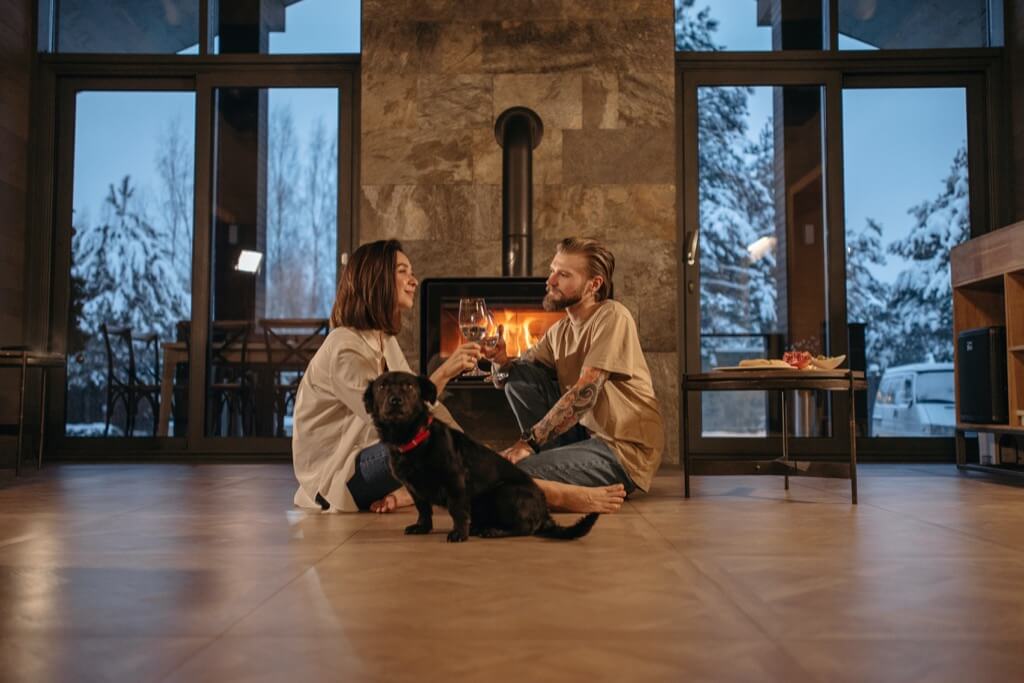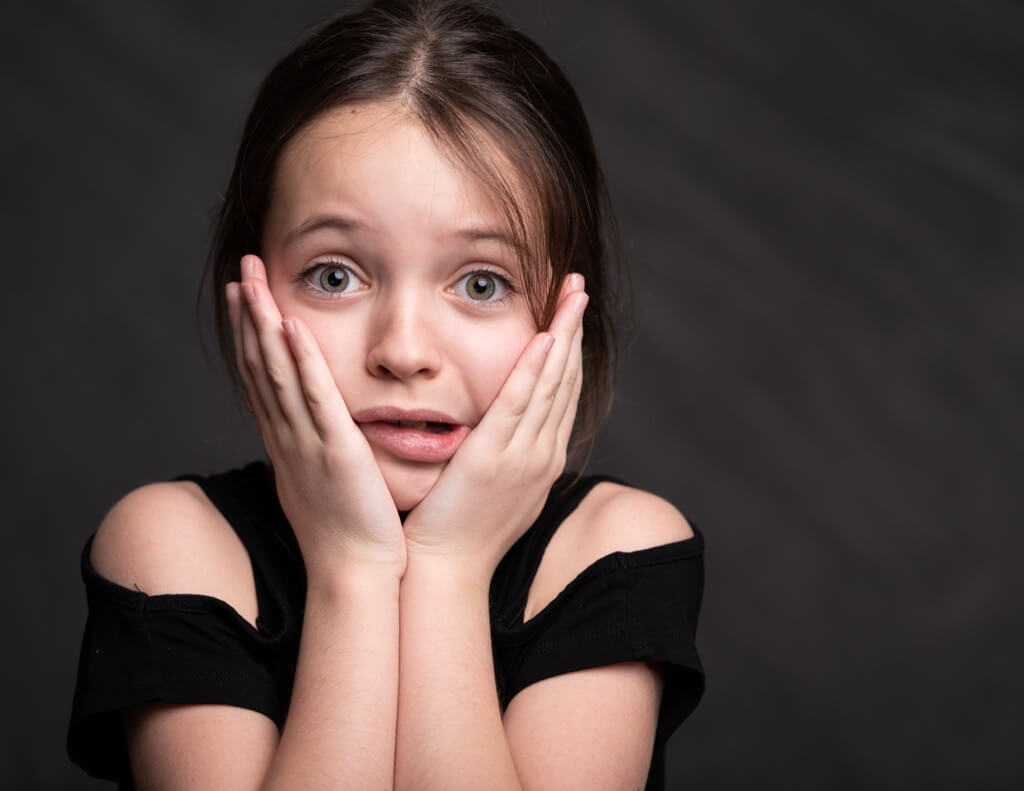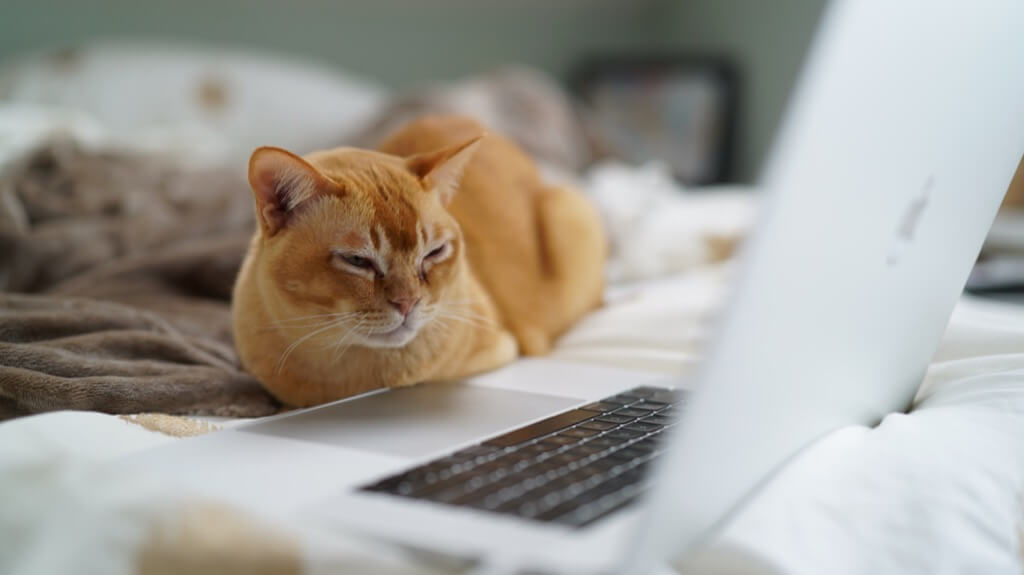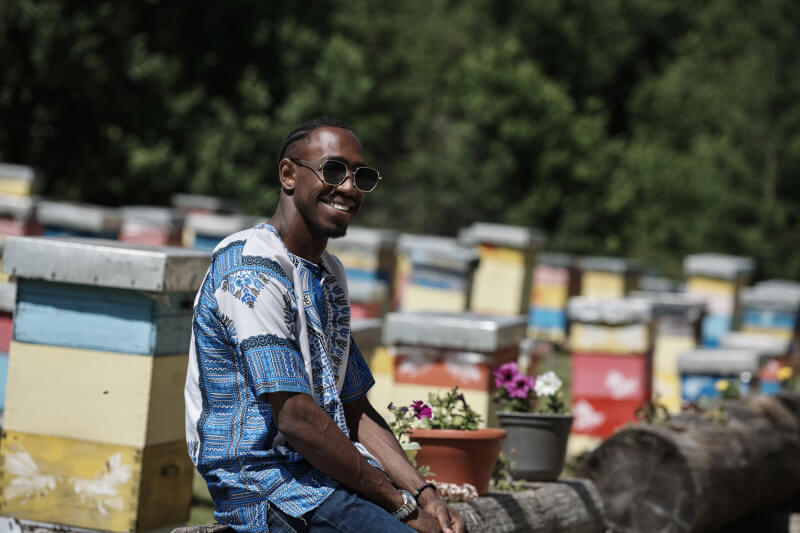Anyone who’s spent a long evening at a lively bar has felt it: as the night goes on and the drinks add up, the stranger by the bar seems more and more beguiling. With every sip, their smile glows brighter, and their eyes sparkle more intensely. In a sober state, they might just blend into the crowd. But after a few drinks, you’re enchanted. Waking up the next day might leave you questioning your past night’s judgment.
This phenomenon, affectionately termed “Beer Goggles,” isn’t just a figment of our imagination or simply due to loosened inhibitions. There’s some science behind it.
A study from the eminent universities of St. Andrews and Glasgow indicates that after consuming a modest amount of alcohol, both genders perceive faces of the opposite sex as being 25% more attractive than when sober. This isn’t a singular study, either. Another piece of research showed that after drinking an amount equivalent to roughly two pints of beer, participants judged others to be 10% more attractive, regardless of the observed person’s gender.
However, alcohol doesn’t magically make everyone more alluring. A study from the University of Leicester discovered that while adults found other adults more attractive after some drinks, the allure vanished when observing younger faces. The age discernment remained unaffected by the alcohol, suggesting the drink didn’t entirely skew perception.
So, What’s Behind This Amplified Attraction?
The leading theory points to bilateral symmetry – the notion that a face’s two halves, when identical, seem more alluring. Alcohol, as researchers from London’s Roehampton University highlighted, reduces our ability to spot facial asymmetry. This could be why someone under alcohol’s spell seems more enticing. Their findings presented that while sober participants leaned towards and were adept at recognizing symmetrical faces, those tipsy had a dulled perception. Intriguingly, men were more discerning of asymmetry, perhaps due to being more visually stimulated.
And Here’s a Twist: “Beer Goggles” Can Be Self-reflective
Laurent Begue’s experiment showed that not only do some drinkers find others more attractive, but they also view themselves in a more favorable light. But it’s not just the alcohol causing this self-confidence boost. Those who believed they were drinking alcohol (even if they weren’t) also rated themselves highly. However, there’s a hitch. Sober evaluators found these self-assured participants less appealing in their presentations, hinting that while you might feel on top of the world, the sober onlooker might not agree.
Wacky Facts About The “Beer Goggles”
The Wacky World of Ig Nobel Prizes
Did you know that there’s a parody version of the Nobel Prizes called the Ig Nobel Prizes? It’s all about celebrating the weirder, humorous side of scientific research. So, next time you’re sipping on your drink at the bar and feeling especially fine, remember this: the research team that delved deep into how alcohol affects how you perceive your own attractiveness won an Ig Nobel for their efforts. But they’re not the only quirky recipients.
Some scientists got recognized for discovering that herrings communicate via…wait for it…farting. And let’s not forget about those persistent researchers who found out that rats can’t tell the difference between Japanese and Dutch languages played backward (don’t ask why they wanted to know this!). And for those of you making it rain at the club, here’s a tidbit: strippers tend to earn more when they’re at peak fertility. A little fun fact to whisper to your friend next time you’re at the club, right? By the way, a toast to Sir Andre Geim, the genius who levitated a frog using magnets and got an Ig Nobel, and later snagged a real Nobel Prize for his groundbreaking work on graphene. Talk about being seriously funny and brilliantly serious!
Alcohol’s Testosterone Tango
Alright, ladies, here’s a cheeky bit of info for your next girls’ night out. Ever felt a tad more…let’s say, adventurous after a couple of drinks? Science might have an answer. Multiple studies have shown that alcohol can give your testosterone levels a little bump, upping your desire. So, the next time you’re feeling frisky after a few drinks, blame it on the science. And gents, before you smirk, here’s a sobering fact for you: while the ladies might get a testosterone boost, you guys might experience a slight dip. So, the next time you’re at the bar, maybe consider if that next drink is really boosting your game or just your confidence!
Tips To Avoid The “Beer Goggles”
Stay HydratedHydration is Your Best Friend
When you’re out enjoying drinks, always make sure to alternate between alcohol and water. Not only does this help reduce the chances of a hangover, but by drinking water, you’re diluting the alcohol in your bloodstream, potentially decreasing the “beer goggles” effect. Keep a water bottle handy, or ask the bartender for a glass of water alongside your drink.
Set a Drink LimitKnow Your Limit
Everyone has a different tolerance level when it comes to alcohol. Determine what yours is and stick to it. Setting a drink limit for yourself can help you stay in control of your perceptions and actions. After all, the fewer drinks you consume, the less likely you are to be influenced by the “beer goggles” effect.
Use the Buddy SystemTrust in Friends
When heading out, go with trusted friends and have a pact to keep each other in check. They can help remind you of your drink limit and give you a reality check if they notice you acting out of character. A second opinion from a sober or less intoxicated friend can be a great way to avoid potential “beer goggles” mishaps.
Take Regular BreaksBreaks for Clarity
Every once in a while, step outside for some fresh air or take a break from drinking. This can help you reassess your surroundings and check in with yourself. These moments of clarity can be pivotal in preventing the “beer goggles” phenomenon from clouding your judgment.
Question Your JudgmentsAlways Double-Check
If you find yourself incredibly attracted to someone after a few drinks, pause and ask yourself: Would I feel the same way if I were sober? It’s a simple but effective way to check in with yourself and ensure you’re not just being influenced by alcohol.
Stay InformedKnowledge is Power
Now that you’re aware of the “beer goggles” phenomenon and the science behind it, use this knowledge to your advantage. Just being informed can make you more conscious of how alcohol might be affecting your perceptions. So, next time you’re out, you’ll think twice before letting those beer goggles set in.




